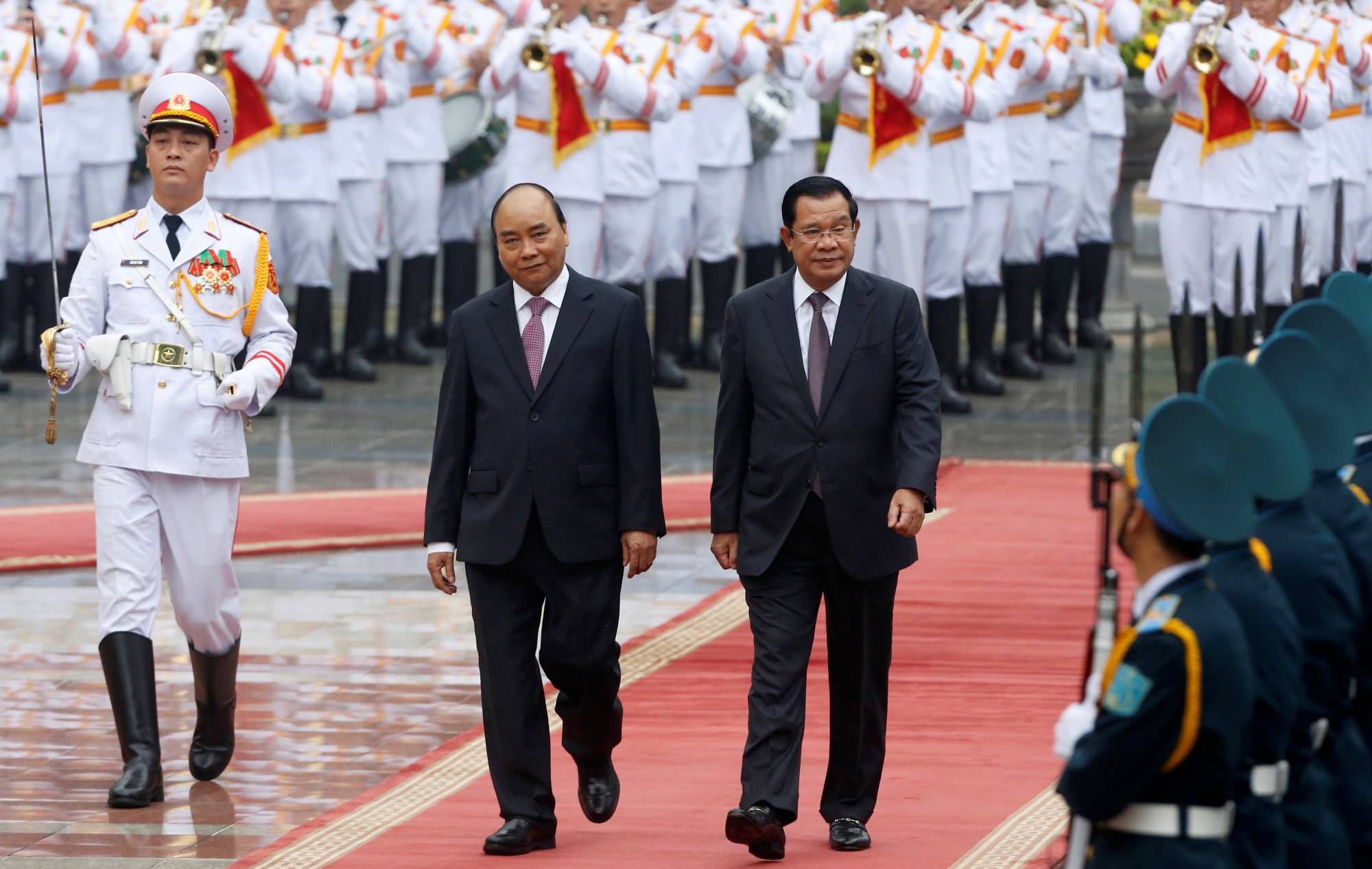Over the past 15 years, democracy across Asia has regressed. Although the region still has strong democracies like South Korea, Japan and Taiwan, many other leading Asian democracies and countries with democratic potential have slid backwards, turning into near-autocracies or outright authoritarian states. While Thailand had been one of the freest states in Asia in the late 1990s and early 2000s, it has suffered two military coups in the past decade and now is run by a parliamentary government that took power after a seriously flawed election in 2019.
Bangladesh had built itself into a shaky but increasingly vibrant democracy by the early 2010s, but in the past decade has deteriorated into a de facto one-party regime, with opposition activists, civil society leaders and journalists jailed and murdered. The Philippines, which had become a solid democracy in the decades following after the Marcos regime, elected President Rodrigo Duterte in 2016 and then witnessed mass extrajudicial killings, crackdowns on media outlets and violent targeting of Duterte’s political opponents. And in India, the most populous democracy in the world, recent years have included the Narendra Modi government undermining the independence of the judiciary and cowing independent media.
Asia’s democratic regression was part of a global wave. Since the mid-2000s, democracy has regressed on nearly every continent, including in strongholds like North America and Europe. Outright authoritarian regimes have come to power in places that once were promising democracies like Turkey, while even some of the oldest democracies, like the United States, have witnessed significant democratic erosion. Indeed, in its 2020 report “Freedom in the World,” Freedom House noted that the world had seen 14 straight years of democratic decline.


















With your current subscription plan you can comment on stories. However, before writing your first comment, please create a display name in the Profile section of your subscriber account page.